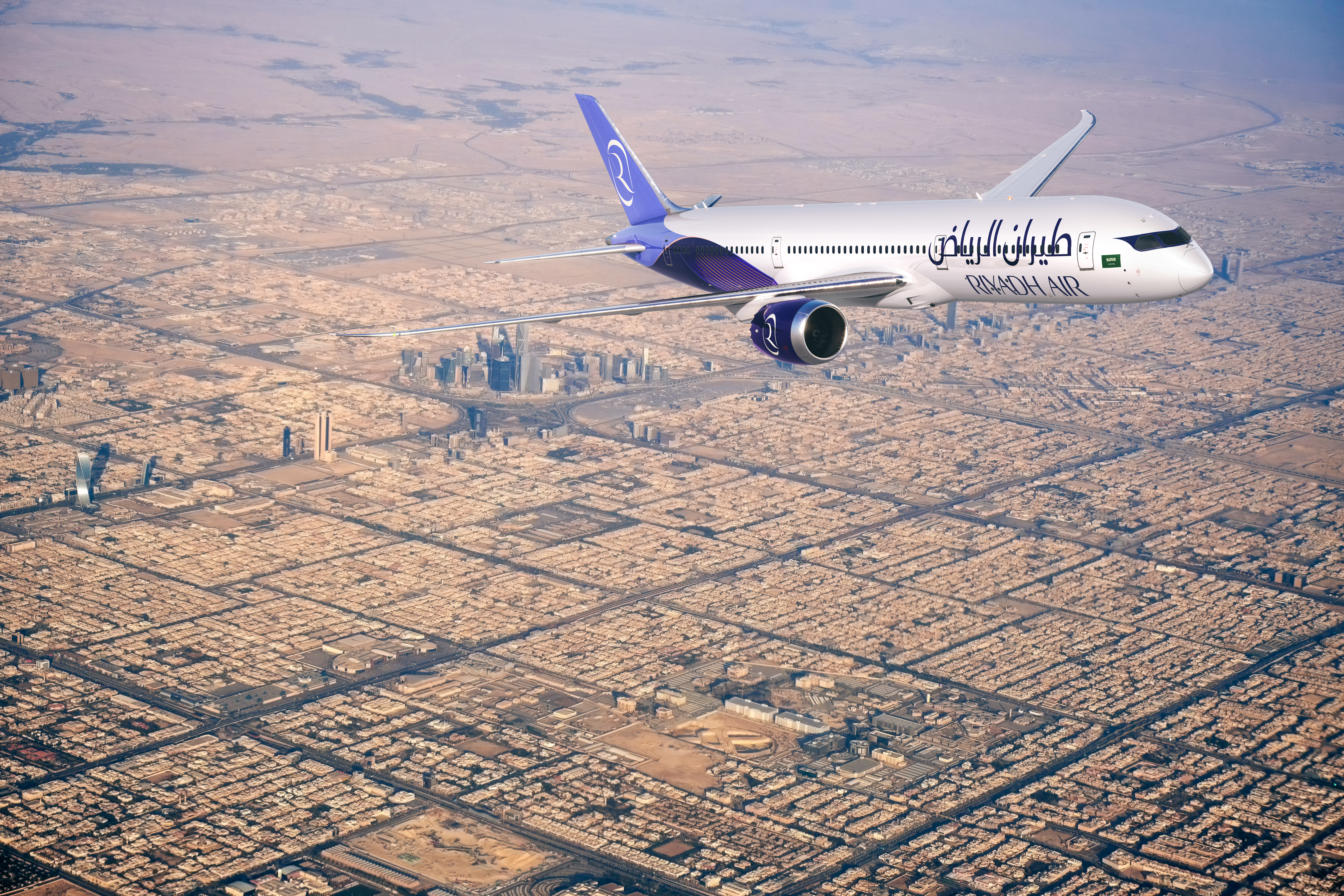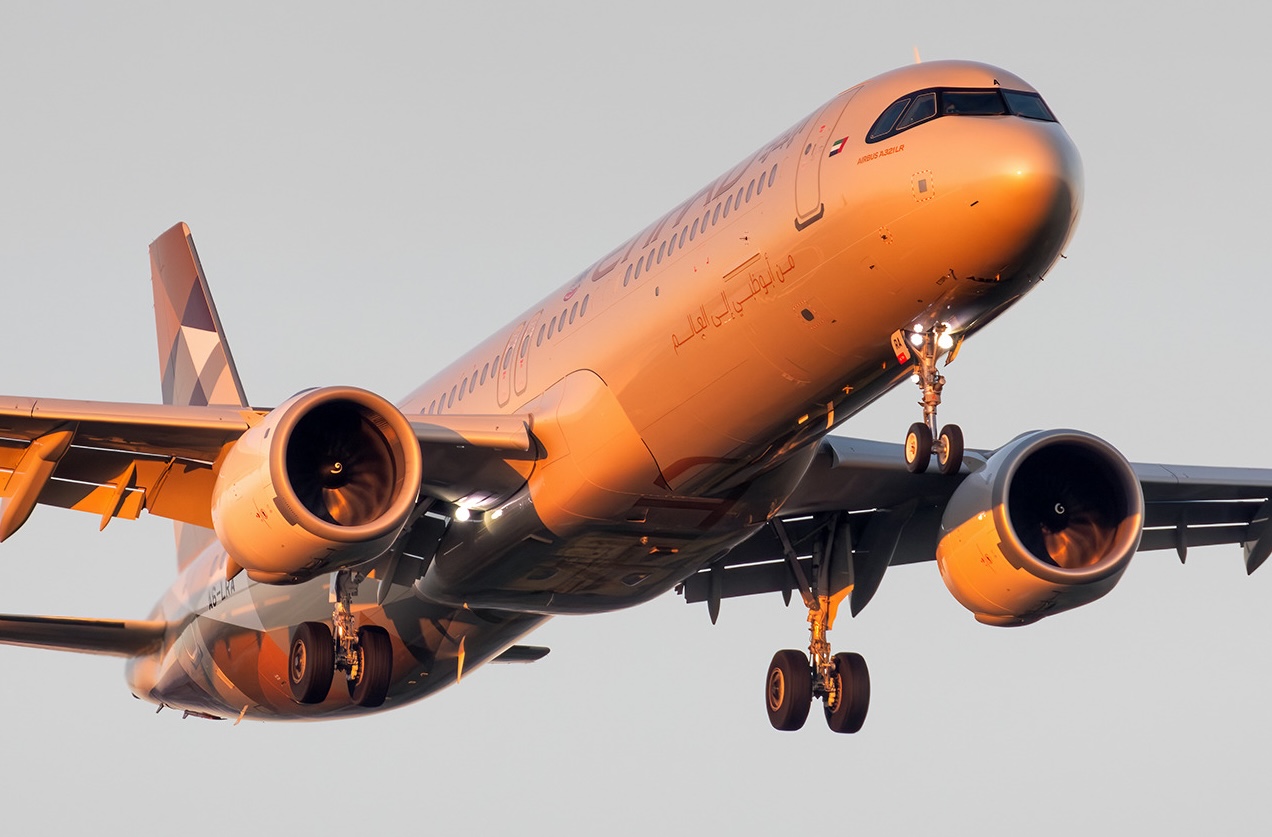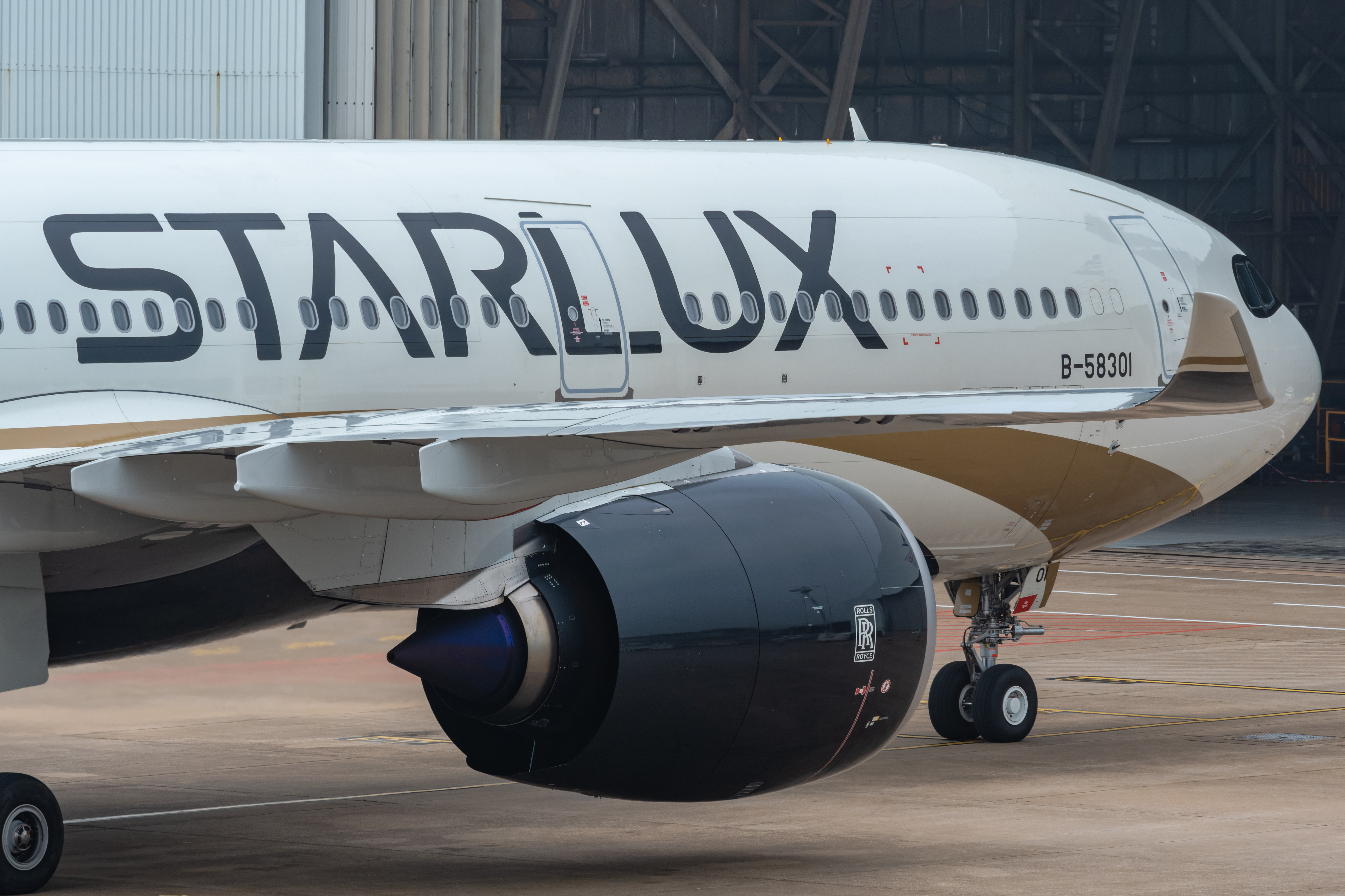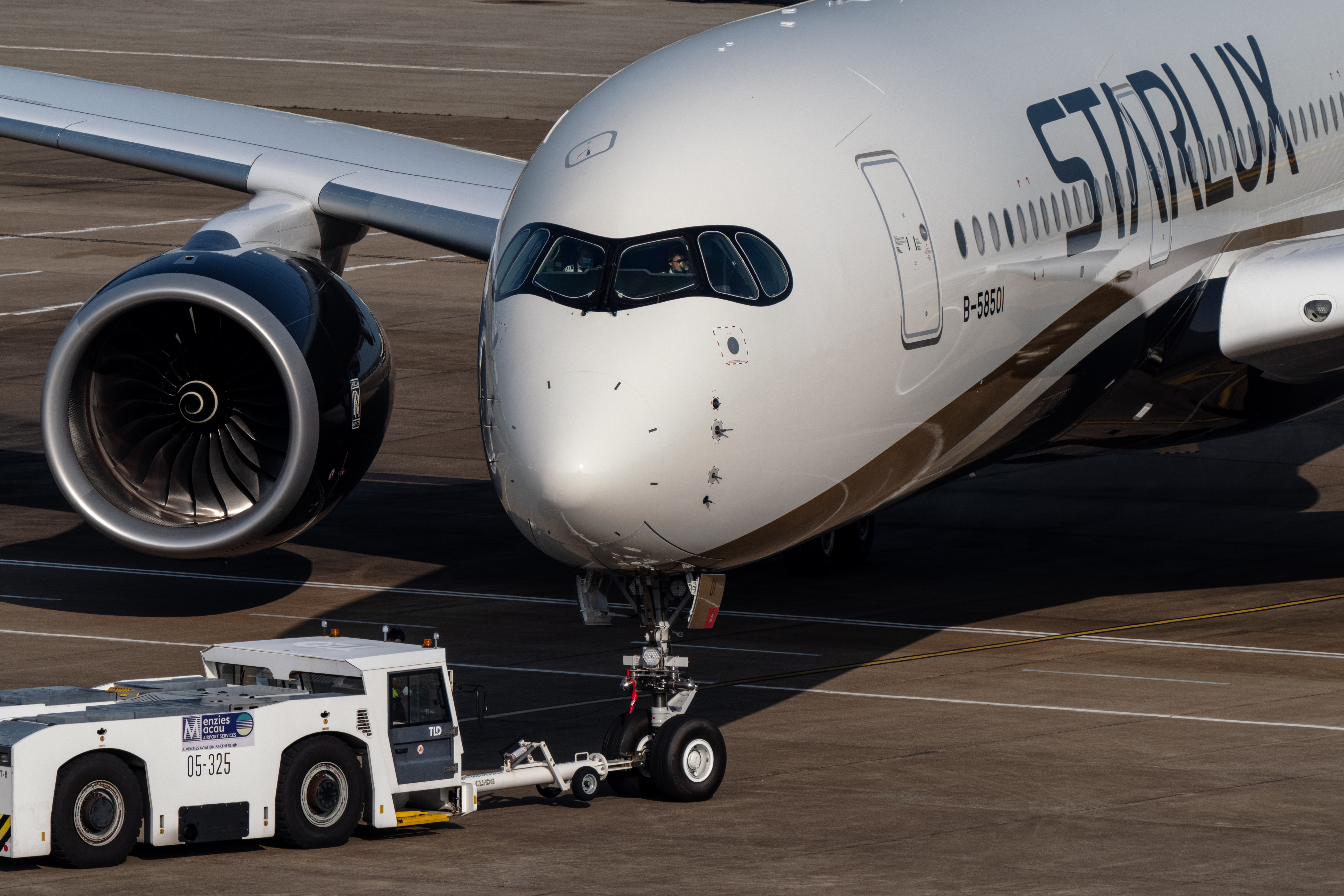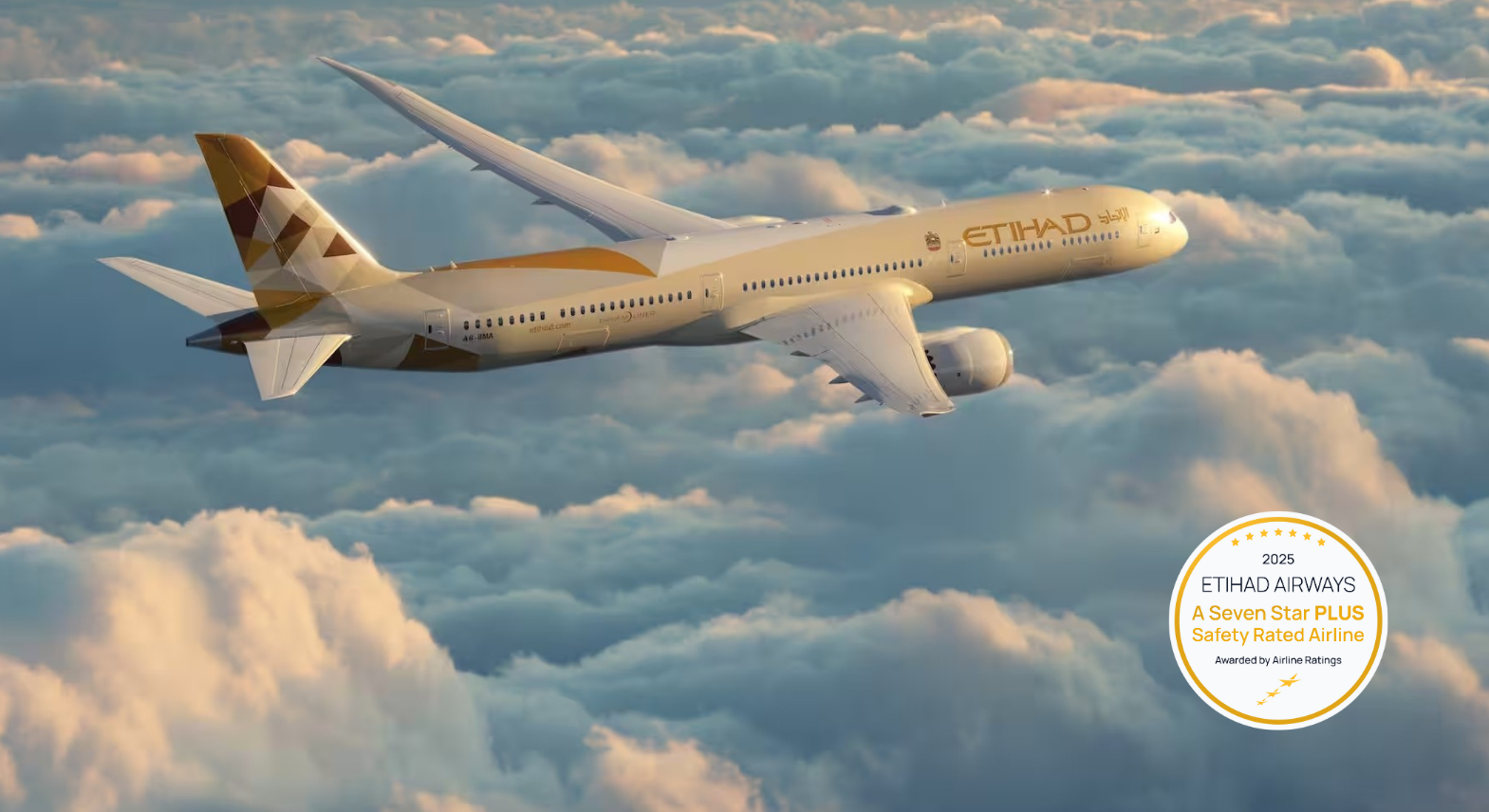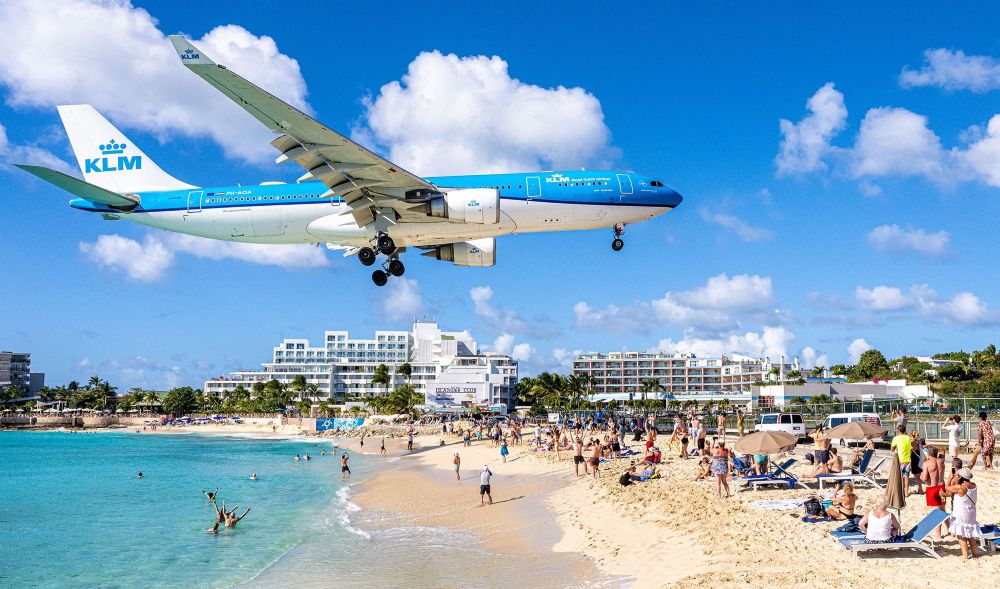By Sharon Petersen
Published Thu Dec 19 2024
The Gulf region's aviation market is dominated by industry titans like Emirates, Qatar Airways, and Etihad Airways, known for luxury, impeccable service, and a truly global network. Now, Riyadh Air, Saudi Arabia’s new luxurious airline, is gearing up to enter the market in 2025. It aims to transform Riyadh into a major global hub with connections to over 100 destinations by 2030.
But there’s a key difference that could set Riyadh Air apart. Saudi Arabia’s strict alcohol laws mean the airline is likely to be dry, which might deter passengers accustomed to a glass of wine or champagne during their flight.
While many passengers may not care about alcohol availability, others see it as part of the luxury experience—particularly in premium cabins. Emirates, Qatar Airways, and Etihad excel in this area, offering fine wines and curated cocktails that enhance their image as top-tier carriers. Riyadh Air’s dry policy could make it harder to attract these travellers, especially those starting a holiday or celebrating special occasions.
Tell us your opinion on what’s sure to become a hotly debated topic here.
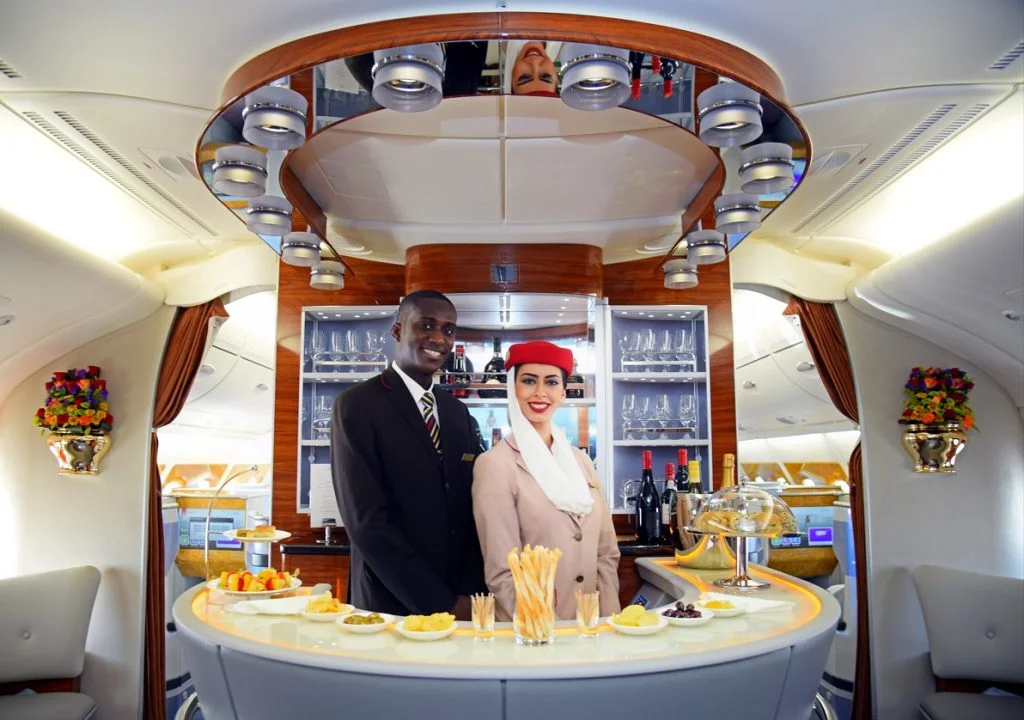
To win over skeptics, Riyadh Air must excel in other areas. It could innovate with elevated non-alcoholic offerings, such as signature mocktails, artisanal sodas, and gourmet coffee menus. Extra legroom, premium amenities and a top notch dining experience across all cabins would certainly help.

Royal Brunei Airlines, another dry carrier, offers an interesting case study for Riyadh Air. Operating without alcohol due to Brunei’s Islamic laws, Royal Brunei has carved out a niche for itself, proving that an airline can thrive without serving alcoholic beverages. Royal Brunei also serves a network of destinations where drinking alcohol is less culturally important. Prices on Royal Brunei can also be cheaper than the competitor making it an attractive choice.
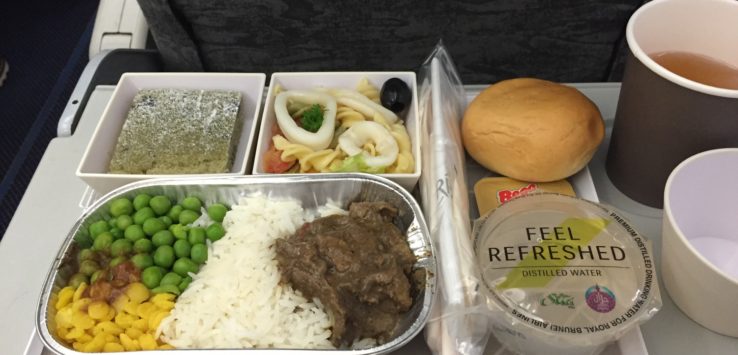
For passengers who prioritize price, convenience, on board comfort and experience over a drink on board, Riyadh Air could be a compelling choice. However, for those who view alcohol as part of their travel ritual, the absence might be a drawback.
Riyadh Air’s ability to carve out its niche and compete with the region’s giants will depend on how well it leverages its strengths and navigates this cultural difference. The airline is poised to disrupt the market—but whether it will soar or stumble remains to be seen.
Have questions or want to share your thoughts?
Get In Touch